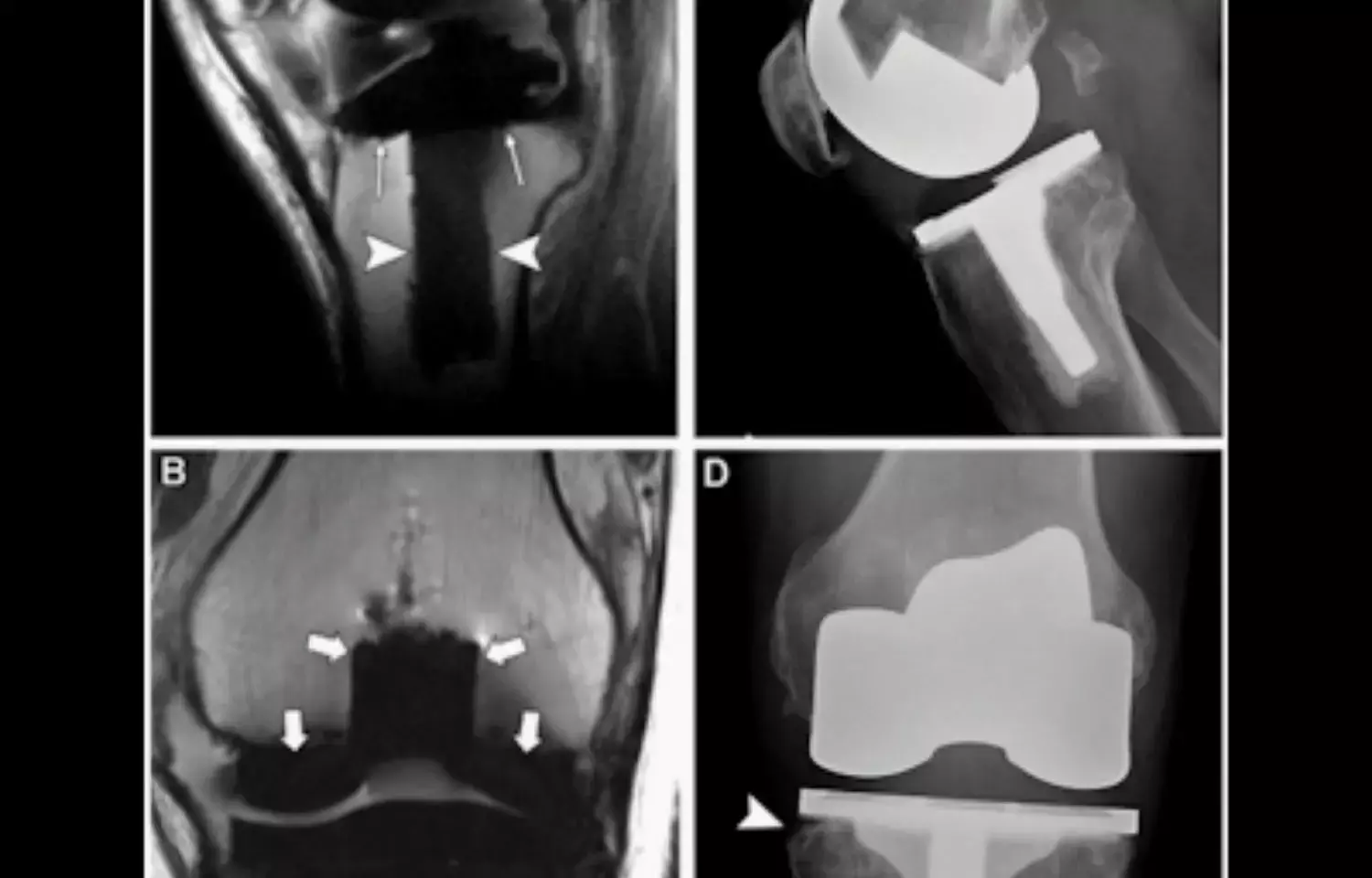- Home
- Medical news & Guidelines
- Anesthesiology
- Cardiology and CTVS
- Critical Care
- Dentistry
- Dermatology
- Diabetes and Endocrinology
- ENT
- Gastroenterology
- Medicine
- Nephrology
- Neurology
- Obstretics-Gynaecology
- Oncology
- Ophthalmology
- Orthopaedics
- Pediatrics-Neonatology
- Psychiatry
- Pulmonology
- Radiology
- Surgery
- Urology
- Laboratory Medicine
- Diet
- Nursing
- Paramedical
- Physiotherapy
- Health news
- Fact Check
- Bone Health Fact Check
- Brain Health Fact Check
- Cancer Related Fact Check
- Child Care Fact Check
- Dental and oral health fact check
- Diabetes and metabolic health fact check
- Diet and Nutrition Fact Check
- Eye and ENT Care Fact Check
- Fitness fact check
- Gut health fact check
- Heart health fact check
- Kidney health fact check
- Medical education fact check
- Men's health fact check
- Respiratory fact check
- Skin and hair care fact check
- Vaccine and Immunization fact check
- Women's health fact check
- AYUSH
- State News
- Andaman and Nicobar Islands
- Andhra Pradesh
- Arunachal Pradesh
- Assam
- Bihar
- Chandigarh
- Chattisgarh
- Dadra and Nagar Haveli
- Daman and Diu
- Delhi
- Goa
- Gujarat
- Haryana
- Himachal Pradesh
- Jammu & Kashmir
- Jharkhand
- Karnataka
- Kerala
- Ladakh
- Lakshadweep
- Madhya Pradesh
- Maharashtra
- Manipur
- Meghalaya
- Mizoram
- Nagaland
- Odisha
- Puducherry
- Punjab
- Rajasthan
- Sikkim
- Tamil Nadu
- Telangana
- Tripura
- Uttar Pradesh
- Uttrakhand
- West Bengal
- Medical Education
- Industry
Training programs for strengthening thigh muscles may prevent knee replacement surgery

Advanced knee osteoarthritis is a major cause of pain and disability worldwide. More than half of diagnosed knee osteoarthritis patients are projected to eventually undergo total knee replacement surgery.
Researchers have found in a new study that Stronger quadriceps muscles, relative to the hamstrings, may lower the risk of total knee replacement.Researchers said the findings could inform strength-training programs for people with advanced arthritis in the knee.
The research has been presented at the annual meeting of the Radiological Society of North America (RSNA).
While stronger muscle groups are generally understood to be associated with a lower rate of total knee replacement, their relative importance is not well established. Of particular interest is the relationship between the extensors and the hamstrings, the two most important muscle groups in the knee.
The extensors, the muscles on the front of the thigh commonly referred to as the quadriceps, are the strongest muscle group in the body and have essential influence on gait, other activities and biomechanics. The muscles around the back of the thigh known as the hamstrings are responsible for extension of the hip and flexion of the knee, making them equally essential for physical activity.
“The two muscle groups act as counter forces, and the balance between them enables a wide range of activities while protecting the knee joint,” said study lead author Upasana Upadhyay Bharadwaj, M.D., from the University of California, San Francisco (UCSF). “An imbalance, in addition to other factors, leads to a change in the biomechanics resulting in the progression of osteoarthritis.”
Dr. Upadhyay Bharadwaj and colleagues evaluated thigh muscle volume in 134 participants from the Osteoarthritis Initiative, a nationwide study sponsored by the National Institutes of Health. They compared 67 patients who underwent total knee replacement of a single knee with 67 control participants who had not undergone knee replacement. The cases and controls were matched for variables including age and gender.
The researchers obtained 3T MRI of the thigh at the time of surgery. They also evaluated MRI findings from two years and four years before the surgery. They used a previously trained deep-learning model to segment and compute volumes of the muscles of the thigh-measures that are tedious to compute manually.
Comparing patients who had total knee replacement with the control group, a higher ratio of quadriceps to hamstring volume was significantly associated with lower odds of total knee replacement. Higher volumes of hamstrings and gracilis, a long, thin muscle on the inside of the thigh, were also linked with lower odds of total knee replacement.
“Our study shows that in addition to strong muscles individually, larger extensor muscle groups-relative to hamstring muscle groups-are significantly associated with lower odds of total knee replacement surgery in two to four years,” Dr. Upadhyay Bharadwaj said.
The study findings have implications for both the interpretation of imaging exams and clinical management. The results suggest that training programs that strengthen the quadriceps in relation to the hamstrings may be beneficial.
“Although we presume that overall muscle volume is important as a surrogate marker for muscle strength, the ratio, hence the balance, between extensor and hamstring muscles may be more important and significantly associated with lower odds of total knee replacement,” Dr. Upadhyay Bharadwaj said.
Although the study focused on people with arthritis, the findings may also help inform strength training for a wider segment of the population.
“While these results are essential for targeted therapy in a population at risk for osteoarthritis, even the general public can benefit from our results to preventively incorporate appropriate strengthening exercises,” Dr. Upadhyay Bharadwaj said.
Reference:
Stronger thigh muscles may prevent knee replacement surgery, Radiological Society of North America, Meeting: 109th Scientific Assembly and Annual Meeting of the Radiological Society of North America.
Dr Kamal Kant Kohli-MBBS, DTCD- a chest specialist with more than 30 years of practice and a flair for writing clinical articles, Dr Kamal Kant Kohli joined Medical Dialogues as a Chief Editor of Medical News. Besides writing articles, as an editor, he proofreads and verifies all the medical content published on Medical Dialogues including those coming from journals, studies,medical conferences,guidelines etc. Email: drkohli@medicaldialogues.in. Contact no. 011-43720751


